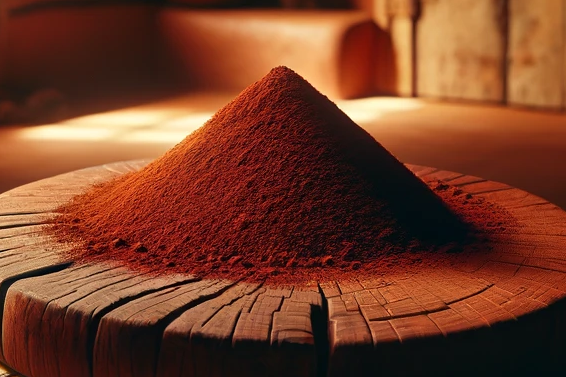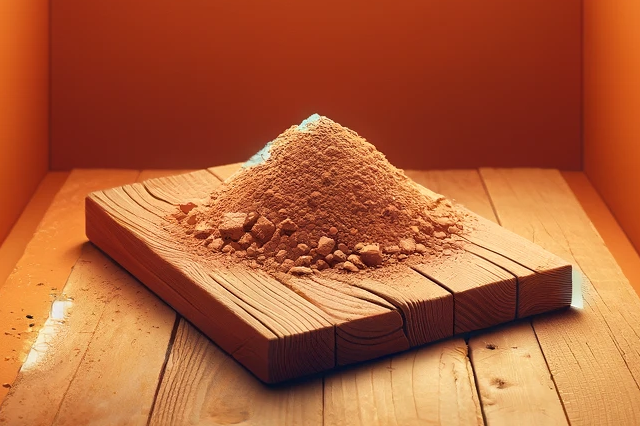Ferrous gluconate

Ferrous gluconate plays a central role in the diet of dogs and is an important part of a balanced diet plan. In this article, you will find out exactly what ferrous gluconate is, what benefits it brings and what disadvantages it may have. With this comprehensive look, you can make informed decisions about your faithful companion's diet.
What is ferrous gluconate?
Ferrous gluconate is a form of iron that is used in many dietary supplements and fortified foods. It is a compound that is formed when iron reacts with gluconic acid. This particular form of iron is particularly well tolerated and easily absorbed by the body, making it a preferred choice for supplementation in dogs' diets.
The importance of iron in a dog's diet
Iron is an essential mineral that is vital for numerous bodily functions. It plays a key role in the formation of hemoglobin, a protein in red blood cells that is responsible for transporting oxygen around the body. Adequate levels of iron in the diet support cellular health, promote a healthy immune system and contribute to energy production.
Benefits of ferrous gluconate for dogs
- Promotes blood health: Iron gluconate supports the formation of hemoglobin, helping to transport oxygen efficiently throughout the body. This is particularly important for active or young growing dogs.
- Supporting the immune system: Iron plays an important role in maintaining a strong immune system. An adequate supply can protect your dog from various diseases.
- Energy production: Iron is crucial for the conversion of nutrients into energy. Dogs that are adequately supplied with iron often show improved vitality and stamina.
Disadvantages and risks of overdosing
Despite its many benefits, an overdose of ferrous gluconate can lead to health problems. Symptoms of iron toxicity include vomiting, diarrhea, lethargy and, in severe cases, even organ damage. It is therefore crucial to carefully monitor iron intake and ensure that your dog does not receive more than the recommended amount.
Correct dosage and sources of ferrous gluconate
The correct dosage of iron gluconate depends on various factors, including your dog's age, weight and health status. It's important to work with a veterinarian to determine the optimal amount of iron for your dog. Natural sources of iron gluconate in a dog's diet include high-quality meat, liver and certain vegetables. Supplements should only be used after consultation with a professional.
Iron gluconate is a valuable part of your dog's diet that can contribute to their overall health and well-being. It is important to understand the benefits and potential risks of iron supplementation and always ensure a balanced intake. By carefully planning your dog's diet and seeking professional advice when necessary, you can ensure that your four-legged friend is getting all the nutrients they need to stay healthy and happy.
If you notice any signs of hypersensitivity or poisoning in your dog, you should see your vet immediately. We are not a substitute for a vet, but we try to be as accurate as possible. Every dog reacts differently and we recommend you get a second opinion or consult your vet if in doubt.
Stay healthy and take good care of your four-legged friend!😊
Similar to Ferrous gluconate
Iron is a key element in the production of hemoglobin, a protein in red blood cells that is responsible for transporting oxygen from the lungs to the body's cells. Without enough iron, your dog...
Ferrous acetate, also known as ferroacetate, is a chemical compound that is formed when iron reacts with acetic acid. It is one of the many iron(II) salts and is used in a variety of applications,...
Iron(II) sulphate, also known as ferrous sulphate, is a chemical compound that is mainly used as an iron supplement in animal nutrition. It is a salt consisting of iron ions in the +2 oxidation...
Iron(III) chloride, also known as ferric chloride, is a chemical compound with the formula FeCl3. It is an inorganic salt that occurs both in anhydrous form and as a hydrate. This substance is...



